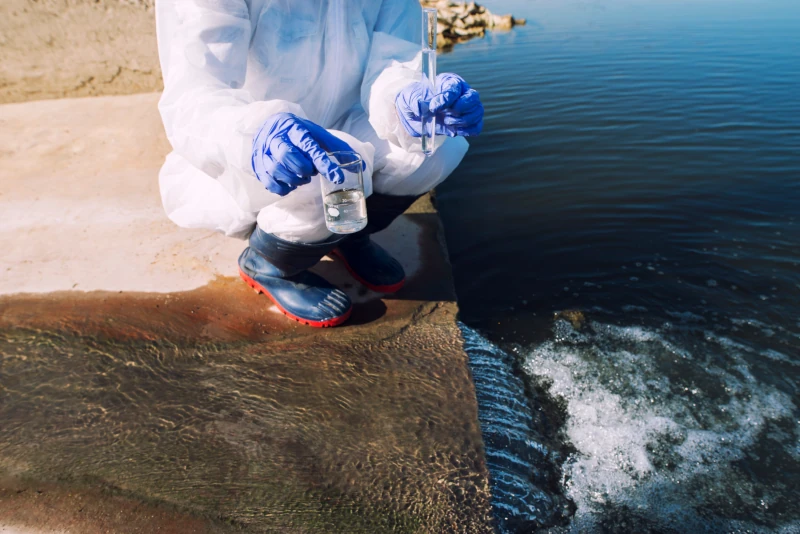Maybe it’s time to start treating water like the precious resource it is …
They say that necessity is the mother of all invention. The necessity for clean drinking water in California is pushing the envelope on how inventive we humans can be.
Where do we draw the line?
A recent segment of KQED’s Forum made me think about those limits. The topic, dubbed “Wastewater to Tap’ Could Become Reality for Californians,” discussed turning sewage water to drinking water, while carefully avoiding the phrase toilet to tap. CAL Matters has a good explanation of just how that treatment process works, if you’d like the details.
California regulators approved these new rules in December, allowing water suppliers to treat wastewater and redistribute it as drinking water. These rules were more than a decade in the making. Also, California is not the first state to implement something this drastic, or some might say this green. Colorado was first, and California will not be the last. But as the CAL Matters site explained it, the process will be so expensive that only big suppliers in metropolitan areas will be able to afford it.
The state is invested in stressing the fact that treating wastewater will add millions of gallons of drinking water to our supplies. At a time of climate uncertainty with long, devastating droughts in California and other areas of the country, new ways of conserving and treating this most precious asset can benefit life on this planet. We can’t live without water.
What are the alternatives?
However, before taking such a drastic, expensive measure as treating sewage water and turning it into drinking water, I couldn’t help but wonder what other measures have we taken or explored?
Water Conservation
Living in Marin, water conservation is something we are all familiar with, and some residents are doing better than others. Marin Municipal Water District (MMWD) set up a non-potable, recycled water station in the Juror’s Parking Lot along Armory Drive in August 2021. Marin County residents were able to show up with barrels or other containers and take up to 300 gallons of recycled water per day for free from 10 a.m. to 2 p.m. on Mondays, Wednesdays and Fridays to use for landscaping. They also offered a second station at Wood Hollow Drive just north of the former Fireman’s Fund campus. When the rains came, the stations went dormant.
Along with those efforts, MMWD looked to incentives to boost water conservation. These included discounts for real-time water-flow trackers and tripling their turf-replacement rebates.
Marin still a bit behind when it comes to water conservation goals
When you consider the state’s mandates for increased affordable housing goals that include new water hookups, whether Marin will have enough water to meet increased demand remains an open question.
Controversy around bottled water
More than a decade ago, aside from the grave concerns about the use of so much plastic, people wanted to know where the water was coming from for bottled water. As recently as 2020, an article in Sunset detailed how much water was actually being taken out of drought-plagued California at very low cost to the bottling companies. Suffice to say, it was enough to concern activists, environmentalists, farmers and others who saw companies like Nestlé Waters posting sales in the billions and paying very little for the vital water they took from California streams and aquifers.
Fracking and water use
Look no further than fracking to find another monster water user and polluter. According to the U.S. Geological Survey, fracking operations use roughly 1.5 million to 16 million gallons per well to release oil and gas from shale.
Before localities invest large amounts of capital in wastewater to tap technology, it might be wise to see what changes we can make to preserve what fresh water we already have. Why can’t the oil companies use recycled water for their fracking operations, or use it to flush our toilets? It might be time to look at an irreplaceable resource like fresh water as a public rather than private entity, in the public interest.


